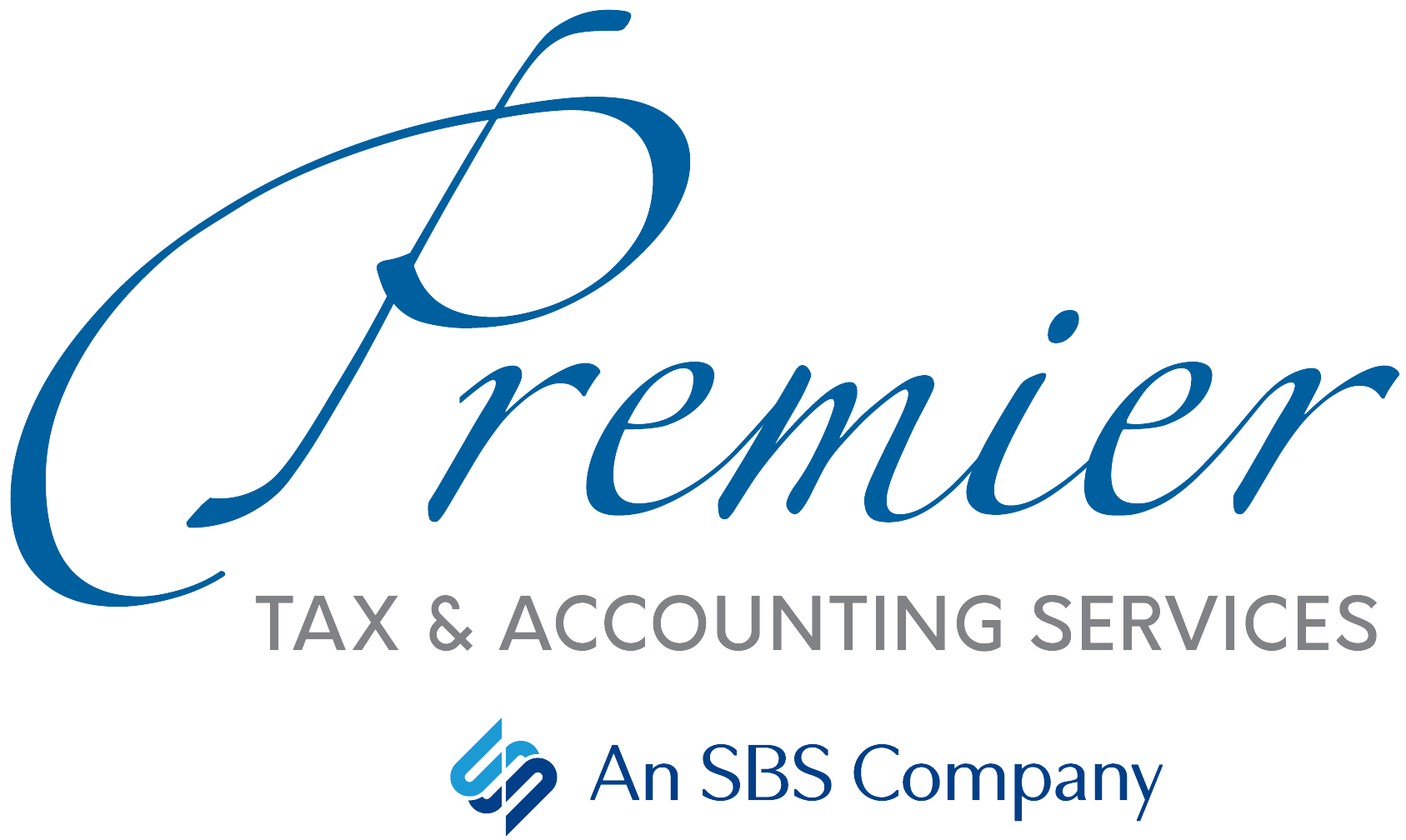On May 15, the SBA released its Payroll Protection Program Forgiveness Application. The Paycheck Protection Program is the forgivable loan program that allows small businesses to cover up to eight weeks of payroll costs, mortgage interest, rent and utilities. The loan amount is based on your average monthly payroll cost for 2019 multiplied by 2.5.
In order to be forgivable, at least 75% of your loan must be used for payroll costs (not including payments to independent contractors). Your forgivable amount will scale in proportion to the amount you spend on payroll, up to the total loan amount. And you must maintain the number of employees on your payroll (within certain guidelines).
Restaurant owners and other businesses have requested an extension on the eight-week forgiveness period due to extended closures. Current bi-partisan support in Congress is looking to make this change, though nothing is certain yet. If the timeline is not extended, then the portion of your loan that is not forgiven will be assessed at a 1% interest rate over 2 years, with no payments due for the first six months. There is no pre-payment penalty.
Safe Harbor Given
If you borrowed less than $2 million from the PPP, you will be given a “safe harbor.” That means that, should you be audited, you will not need to certify that your business needed the money due to economic uncertainty.
If your business borrowed more than $2 million, it may be subject to further review from the SBA. If the SBA deems that your firm lacks adequate basis for certifying that it needed the loan, the SBA will seek repayment of the loan balance and inform your lender that your loan is ineligible for forgiveness.
Tax Surprise Coming?
PPP loan recipients may be in for a tax surprise. As of now, you will NOT be able to write off expenses that would otherwise be deductible if the expenses are covered by the PPP proceeds and the loan is forgiven. That could result in a higher tax bill as you prepare to pay your first and second quarter estimated taxes, both due on July 15.
The IRS is currently blocking the deduction to prevent PPP borrowers from “double-dipping” — both exempting the PPP loan from taxes and permitting the write-off of salaries and other expenses. However, lawmakers in Congress have proposed a bill to fix the rule and allow the deductibility of expenses. The bill, the Small Business Expenses Protection Act of 2020, is currently under review in the Senate Finance Committee.
Contact Us for Help
Here at Premier CPA Services, we’re doing our best to stay on top of the constantly changing tax and financial rules — so you can make the most of these changes, keep your doors open and stay in business. If you have any questions or need guidance, please don’t hesitate to contact us. We’re here to help you, and we appreciate your business!
Are Your Important Papers Up-to-Date?
With so much going on right now, it brings to mind the need to make sure your essential documents are current and secure. Now is a good time to contact your attorney to establish or update your:
- Will, which not only distributes your assets, but also names guardians for your children under 18.
- Durable power of attorney for financial matters, which names someone to handle legal matters related to your finances.
- Beneficiary designations for assets such as retirement accounts, which may be affected by the Setting Every Community Up for Retirement Enhancement (SECURE) Act.
- Living will, which includes your healthcare wishes and considerations (i.e., medical directives and DNR orders).
- Healthcare proxy, which authorizes another person to make medical decisions for you if you are unable to.
- HIPAA release permitting another person to talk with medical providers about your medical history and treatment.
MONEY BRIEF #1
The IRS announced temporary changes to Section 125 Cafeteria Plans because of the Coronavirus. The IRS is offering extra flexibility to users by:
- Extending the claims periods for you to apply unused amounts remaining in your health FSA or dependent care assistance program for expenses incurred through December 31, 2020.
- Expanding your ability to make mid-year elections for health coverage, health FSAs and dependent care assistance programs in response to changes in needs as a result of the pandemic.
- Applying earlier relief for high-deductible health plans to cover expenses related to COVID-19, and a temporary exemption for telehealth services retroactively to January 1, 2020.
- Increasing (for inflation) the $500 permitted carryover amount for health FSAs to $550.
MONEY BRIEF #2
More taxpayers are using IRS.gov than ever before. As of May 8, the agency’s website had been visited a record 1 billion times — that’s up 141% compared to the same time last year.
MONEY BRIEF #3
Nearly 4 million people are receiving their Economic Impact Payment by prepaid debit card instead of a paper check or direct deposit. These EIP Visa cards are issued by MetaBank, and can be used to make purchases, get cash from ATMs or transfer funds to a personal bank account — all without fees. You can learn more at www.eipcard.com. Other EIP questions and answers can be found here: https://www.irs.gov/coronavirus/economic-impact-payment-information-center



